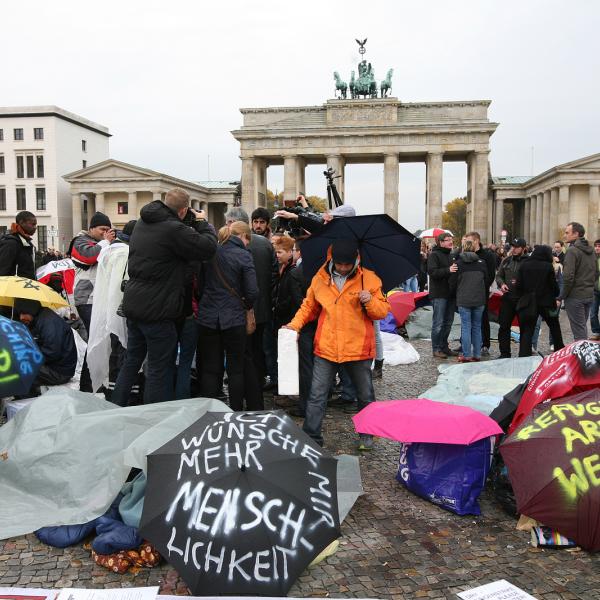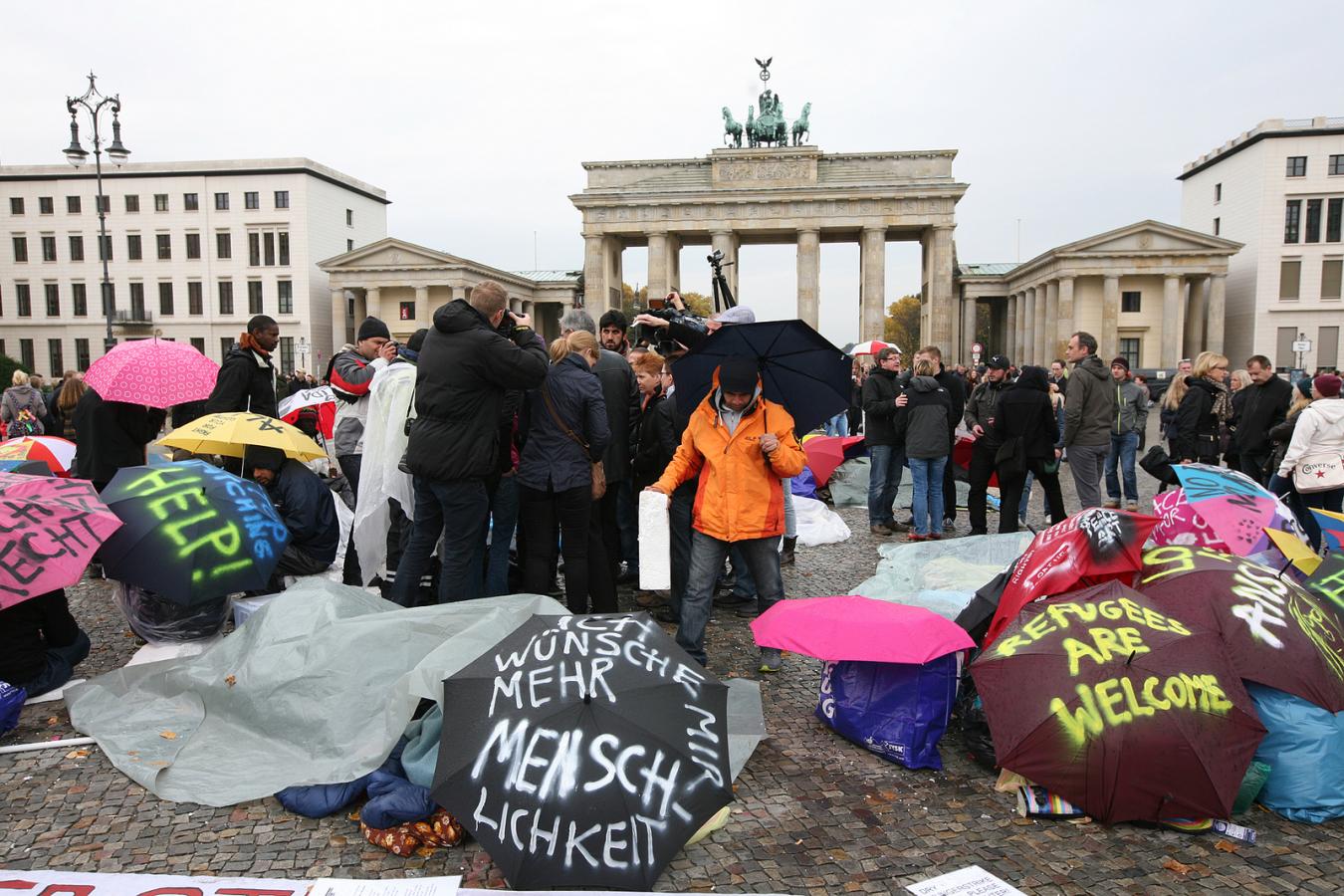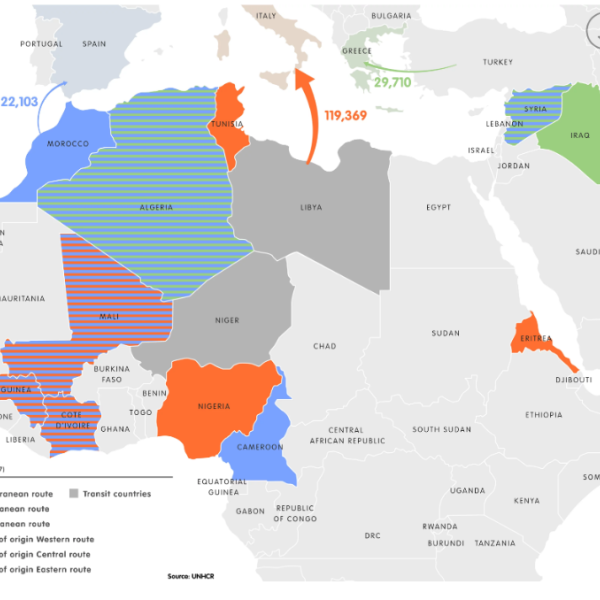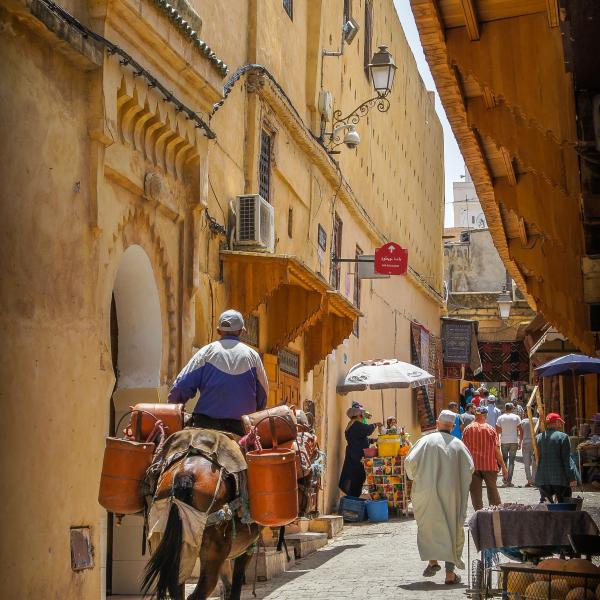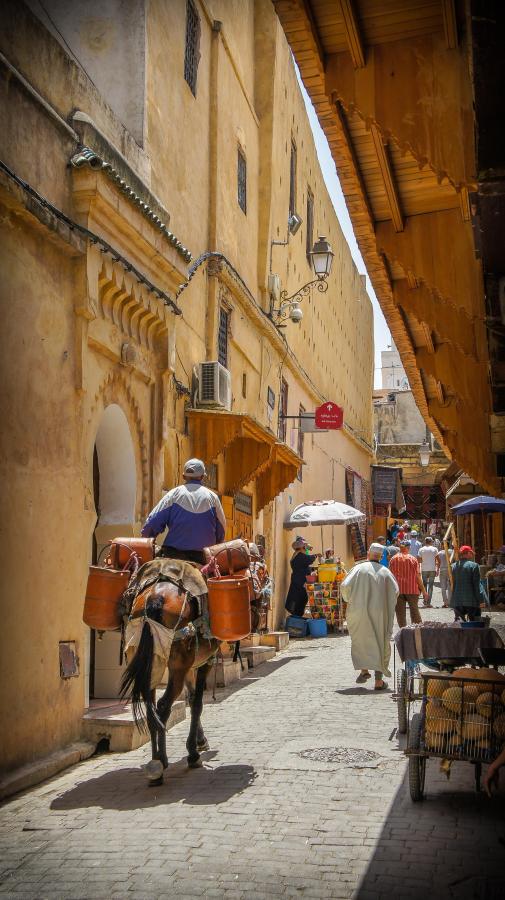What are the causes, dynamics and consequences of international population movements? What are the key trends and patterns of migration in the major world region? How does migration trends form both destination and origin societies? What are the effects of migration and increasing ethnic diversity on national identity and politics? How has the Global North elected to manage the forced flow of people from the Global South? We will address these questions among others and survey the critical assessments of the policies whereby the host nations try to manage these flows and discourage mobility.
The readings of the first weeks of the spring semester—based on on our main textbook the Age of Migration—will give us a profound understanding of the theories of migration, and empirical research from a variety of disciplines; namely sociology, political science, history, anthropology and geography. We will also have an opportunity to hear from some of the leading scholars and journalists, lawyers specialized in international migration law, in addition to watching short documentaries to get a closer sense of cases in the EU and MENA regions.
The end of the semester project will be exploring success stories of migrants in St. Louis; this could be building on your project in the fall semester; or we could agree on identifying success stories of refugees/ migrant communities in the state, e.g., the Iraqi, Senegalese, Bosnian communities. Besides possible travel to Konstanz, Germany, to get a closer look at the public-civic interaction in facilitating refugee incorporation, we will discuss a possible visit to Morocco as one of the main key crossing border states linking both sides of the Mediterranean.
Will this program's travel component be affected by COVID-19?
This Ampersand Program may have an international travel component, which could be affected by federal and local guidelines related to health, safety, and security considerations. This program's main academic component will not be affected.


